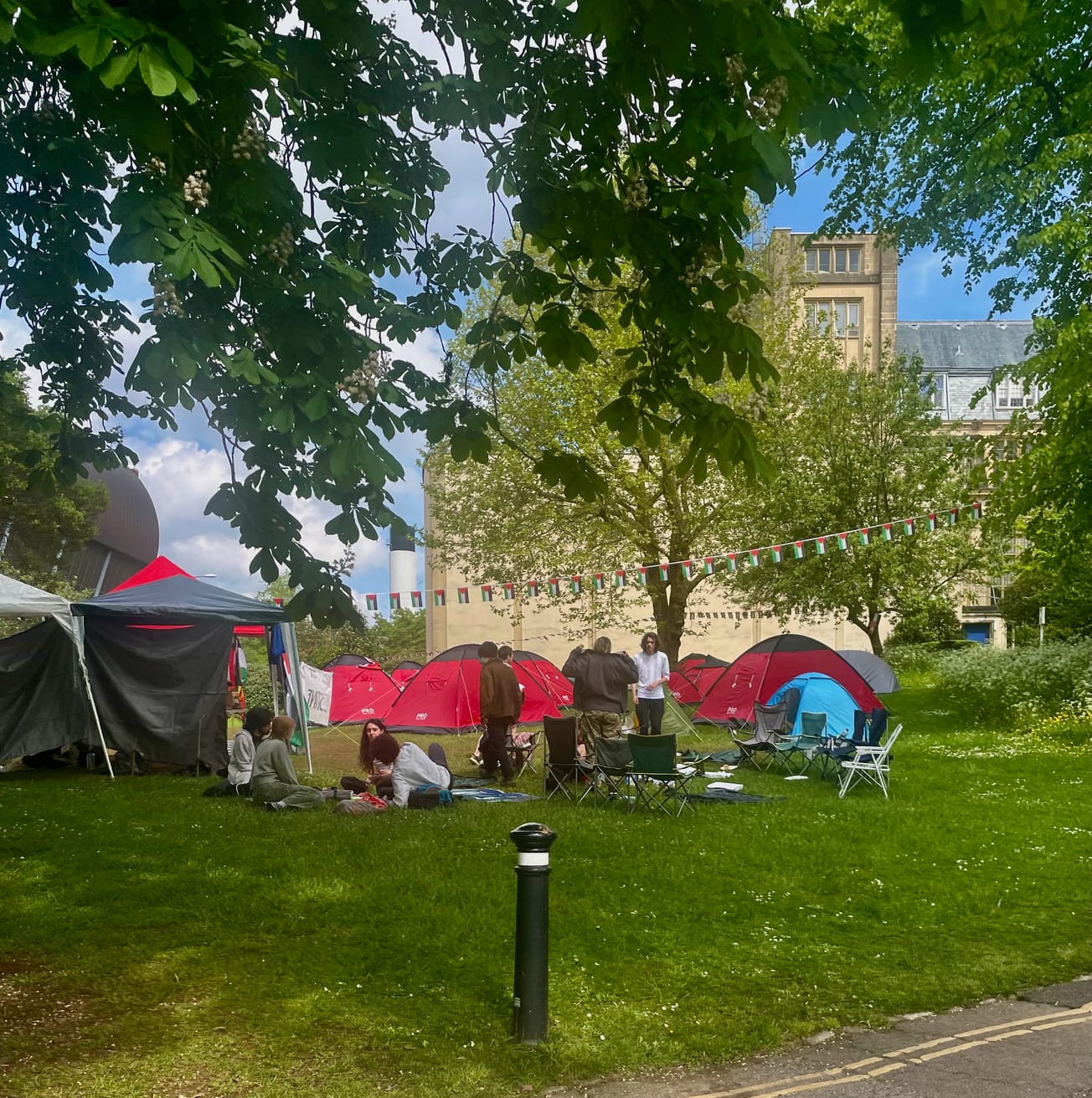By Guy Atoun, Second Year, Law
Featuring at the Watershed’s French Film Festival, the Dardenne brothers’ new film Young Ahmed (2019) tries to tackle complex social issues but falls flat in engagement and narrative structure.
Jean-Pierre and Luc Dardenne’s newest film, Young Ahmed, received mixed critical response when it initially premiered at the Cannes Film Festival back in May this year. Despite this, the Dardenne brothers managed to win the award for Best Director in a competition filled with other directorial efforts that were more resonating with general audience such as Bong Joon Ho’s Parasite (2019) or Celine Sciamma’s Portrait of a Lady on Fire (2019).
The film is centred on a Belgian teenager, Ahmed, who is devoted to the cause of Islam and embraces an extreme interpretation of the Quran. Ahmed, played by Idir Ben Addi, delivers a quiet yet effective performance as a young Muslim who is very much uncertain about his own thoughts with regards to religion and the way he should act in order to further his loyalty to Islam.

This matter is highlighted by some of the supporting characters, including his mother and his teacher, who try and convince him that the specific cause he adheres to does not correctly represent the Islamic religion.
Similarly to the Dardennes' earlier films, handheld camerawork is persistently used throughout the picture. They have very much excelled in executing this filmmaking technique and Young Ahmed provides another example of how effective it can be. Many of the scenes feel intentionally claustrophobic, as we seldom see any wide shots of the specific locations. Instead, we remain physically proximate to Ahmed throughout the majority of the film, resulting in more of a personal connection to the character as we try and understand his actions.
However, Young Ahmed unfortunately pales in comparison to the Dardenne’s earlier films
However, Young Ahmed unfortunately pales in comparison to the Dardenne’s earlier films in delivering a powerful piece of film that challenges the viewer’s perspective on the relevant social issue. I say this because the essence of the film follows Ahmed’s commitment to a particular religious action, with the remainder exploring whether Ahmed’s attitudes have since changed.
This issue is that never see what motivates these actions in the first place. The only character whom the audience may suspect to encourage Ahmed in his actions explicitly speaks out against it in the film. The only other explanation would be a generic answer that is not well explored enough in the film to constitute a justifiable reason.
Best Director: Jean-Pierre and Luc Dardenne (YOUNG AHMED) #Cannes2019 pic.twitter.com/msYXxMlK17
— MUBI (@mubi) May 25, 2019
An argument can be made that the filmmakers intentionally left this matter ambiguous for the viewer to decide for themselves. However, seeing how much of this film fails to reach the levels of subtlety as many of the Dardennes' other films do - an example of this being one of the very first lines where Ahmed says to his teacher that he is a Muslim despite her awareness of this already - I find it difficult to imagine that this is the case.
And if it is so, it isn’t quite successful. Furthermore, when making a film about religion, filmmakers must be careful in not simply providing generic reasons for conduct that may engage the potential prejudices or ignorance of the typical audience member.
Sadly, it fails to achieve as much of an impact as I hoped it would
An interesting element of the narrative involves a girl whom Ahmed encounters half way through the film called Louise. This sub-plot explores some of the inherent conflicts associated with Ahmed’s adherence to the Islamic cause.
European Cinema Night: System Crasher
However, this sub-plot isn’t explored in enough detail as the main point of discussion is only delved into towards the end of the sub-plot and ends up feeling incredibly rushed. As a result, it feels very much like a fairly useless plot device when evaluating the film overall. In fact, I’m disappointed to say that several parts of the story felt like they were plot devices placed in order to further the story.
Similarly to the Dardennes' other films, Young Ahmed is a fairly short film at around 90 minutes length. Sadly, it fails to achieve as much of an impact as I hoped it would. The ending feels incredibly abrupt, almost as if the film was accidently cut short when in fact there were a few more scenes.
This isn’t a fairly new revelation, many of the Dardennes' films have quite abrupt endings. However, in the context of this film it doesn’t feel as purposeful in comparison to the way it was done in films like The Kid With a Bike (2011) or The Child (2005). As a result, we are left fairly bewildered at this filmmaking decision rather than asking questions about its meaning.
Although Young Ahmed provides another example of the Dardenne brothers’ meticulous directorial style which results in an effective cinematic experience, the story doesn’t possess the necessary complexity that it so desperately requires as it fails to provide an intricate perspective of this very important matter in modern society.
Featured image - Christine Plenus / Les Films du Fleuve
What did you think of Young Ahmed's complex social commentary? Let us know!







